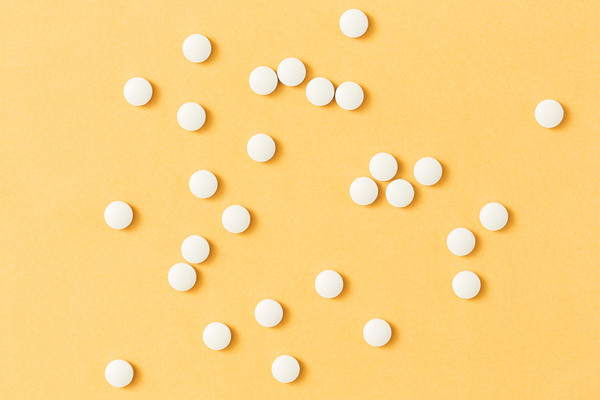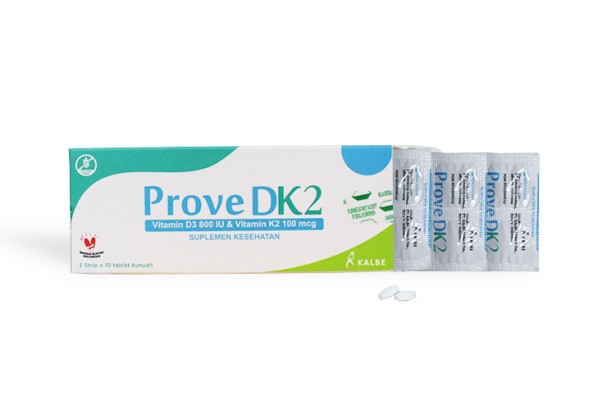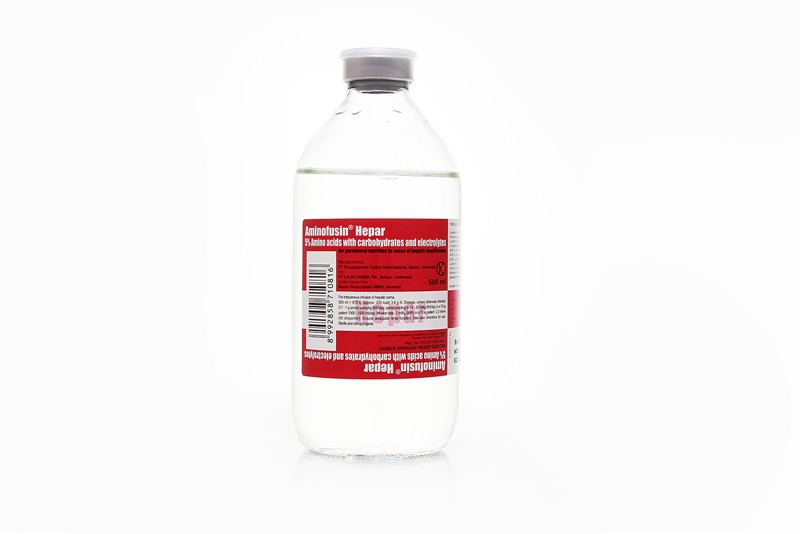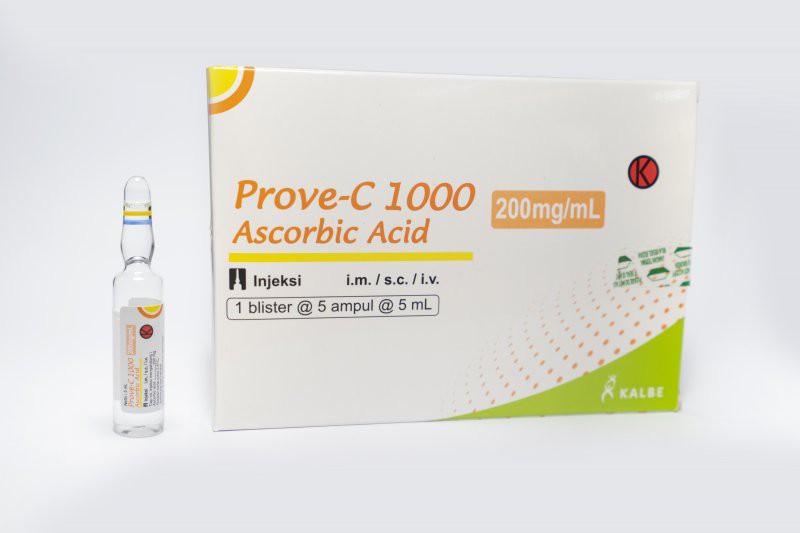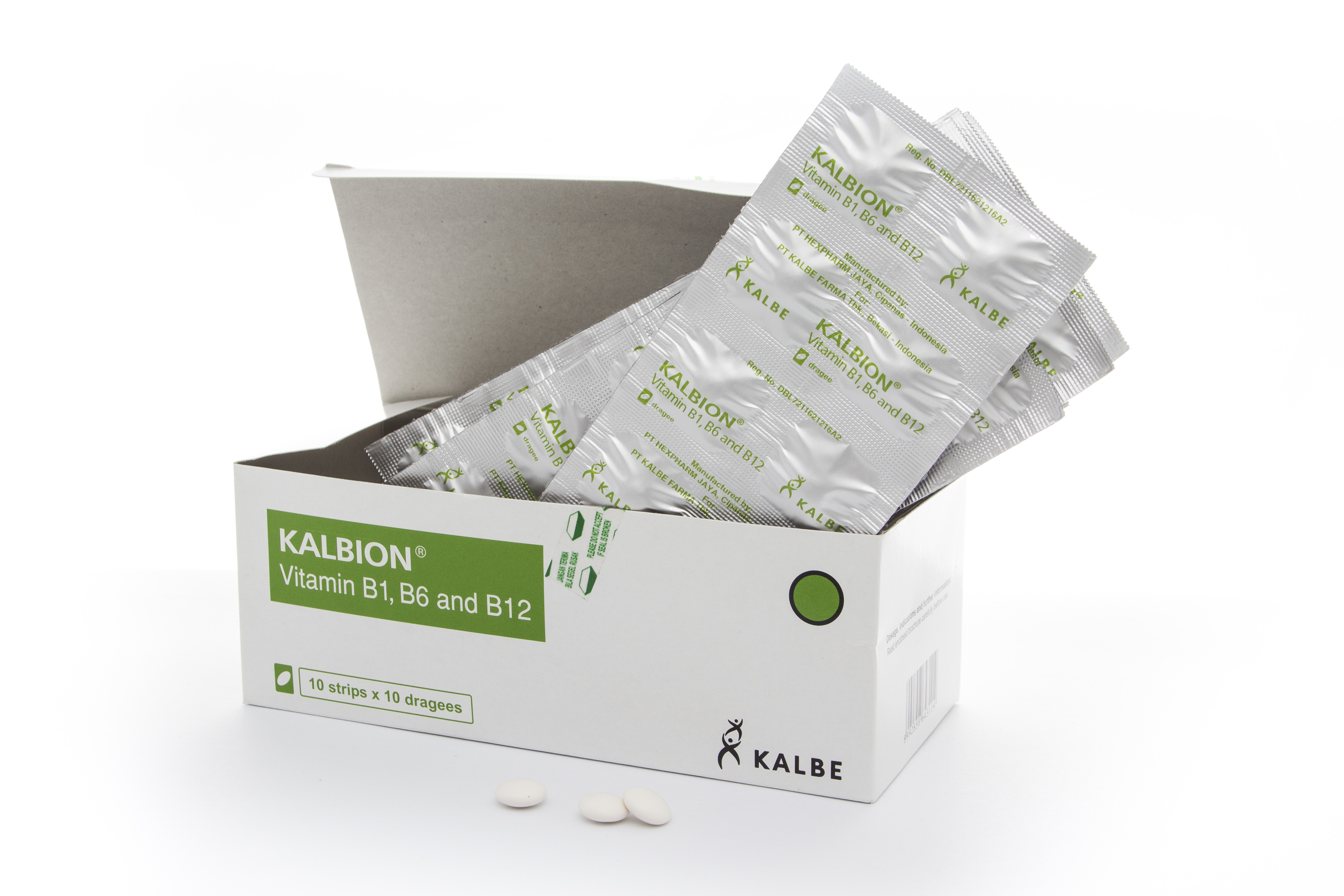
Adequate sleep is essential for mental and physical health—systematic study review and meta-analysis by dr. Chan and colleagues evaluated the efficacy of supplementation for improving sleep quality.
Having a poor-quality sleep will lead to mental health problems, decreased attention, memory loss, triggers depression, anxiety, and stress. What's more, having a poor-quality sleep will increase the risk of cardio-metabolic diseases such as obesity, diabetes, and hypertension.
The quality of sleep that can be measured is the duration of sleep and the presence or absence of sleep problems. This can be measured objectively by polysomnography and actigraphy or subjectively by writing self-report questionnaires. The subjective assessment of sleep quality is a retrospective evaluation and can be validated using the Pittsburgh Sleep Quality Index (PSQI). There are seven components: subjective sleep quality, sleep latency, sleep duration, sleep habits, sleep disturbances, use of drugs to help sleep, and disturbances in daily activities.
Having poor quality sleep is common in some circles of the population. The prevalence is about 36% of individuals aged 18 to 80 years in Germany, 26.6% of individuals 12 years of age in China, 50% of individuals 18 years of age in Chile, Ethiopia, Peru, and Thailand, and 30% of individuals 20 years of age. In Japan. Melatonin is a circadian hormone produced by the human brain at night. Melatonin is known to have analgesic and antidepressant effects that can be used to treat sleep disorders with minimal side effects. Supplementation of vitamin D, L-theanine (an amino acid), can also be used for sleep disorders.
Systematic study review and meta-analysis by dr. Chan and colleagues wanted to evaluate the efficacy of supplementation for improving sleep quality. A collection of studies was conducted, and 31 studies were found corresponding to the number of subjects 2573. Studies published in 2010-2020, 1 study conducted in Malaysia, ten studies in Iran, two studies in the UK, three studies in Australia, 1 study in Israel, 1 study in Turkey, nine studies in America, 1 study in France, two studies in Italy, and 1 study in Germany. The parameter measured was subjective sleep quality using a questionnaire.
Result:
· There were two studies stated that amino acid supplementation significantly improved sleep quality (MD 1.27, 95% CI 2.35 to –0.20; I2 =0%)(p=0.02).
· Obtained seven studies that explain the benefits of melatonin supplementation. Five studies showed a significantly lower PSQI in the intervention group than in the control group (MD 1.21, 95% CI 2.17 to –0.24; I2 =79%) (p=0.01).
Four studies described the benefits of vitamin D supplementation. Three studies showed a significantly lower PSQI in the intervention group than in the control group (MD 1.63, 95% CI 3.15 to –0.10; I2 = 85% )(p=0.04).
This study concludes that supplementation of amino acids, vitamin D, and melatonin significantly improves sleep quality.
Image: Illustration (Photo by Ketut Subiyanto from Pexels)
Reference:
Chan V, Lo K. Efficacy of dietary supplements on improving sleep quality: A systematic review and meta-analysis. Postgrad Med J [Internet]. 2021 Jan 13 [cited 2021 Dec 8]. Available from: https://pmj.bmj.com/content/early/2021/01/13/postgradmedj-2020-139319





